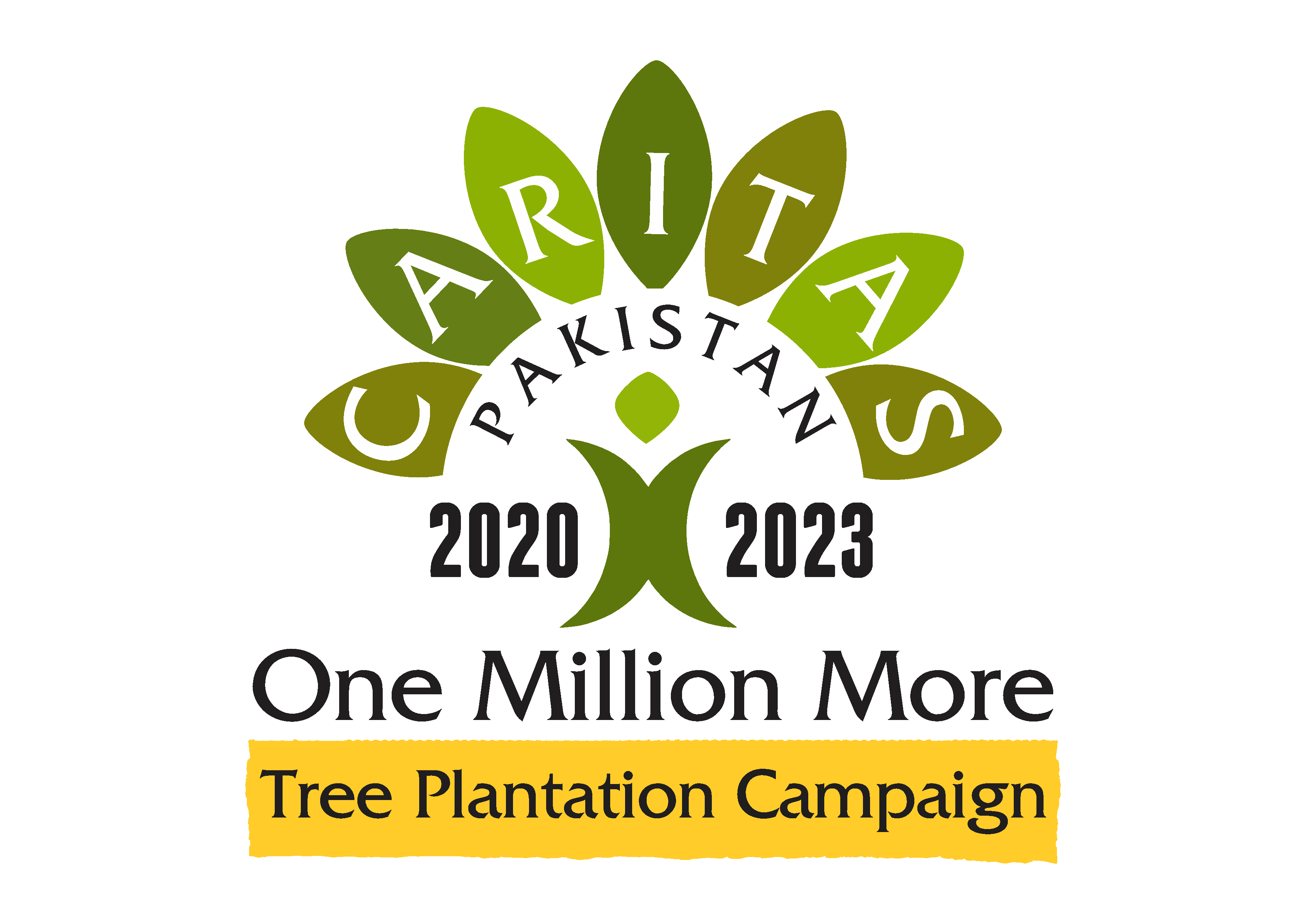No products in the cart.
Creating Culture of Tree Plantation:
Pakistan’s contribution to the total global greenhouse gas emissions is among the lowest but it is among the countries most vulnerable to climate change and has a very low technical and financial capacity to adapt to its adverse impacts. It is standard requirement that every country must have 25% of area under forest. But unfortunately Pakistan has only 5 % area under forest cultivation.
Forests and trees are the backbone of economy, but forests in Pakistan are shrinking due to deforestation and leaving its adverse impact on the environment. Trees help to conserve soil and water, control avalanches, prevent natural disasters, prevent desertification and protect.
Pakistan is on forefront of climate change and among the top ten countries most affected by the climate change. Some of the major vulnerabilities due to climate change are as under;
• Considerable increase in frequency and intensity of extreme weather events, coupled with erratic monsoon rains causing frequent and intense floods and droughts;
• Increased temperature resulting in enhanced heat- and water-stressed conditions, particularly in arid and semi-arid regions, leading to reduced agriculture productivity;
• Threat to coastal areas due to projected sea level rise and increased cyclonic activity due to higher sea surface temperatures;
The above threats are the cause of major survival concerns for Pakistan, particularly in terms of country’s Water shortage, Food Security and Energy shortage considerations.
Only by devising and implementing appropriate adaptation measures it will be possible to ensure water, food and energy for the country as well as to minimize the impact of natural disasters on human life, health and property.
Tree plantation is one of the adaptation measures Caritas Pakistan can implement without external support. It will be based on mass scale awareness raising, capacity building of communities, mobilization of local resources, collaboration with government forest departments, plantation of saplings, highlighting vulnerability of the country.
To combat impacts of climate change and support in achieving Sustainable Development Goals (SDGs) in Pakistan. Caritas Pakistan officially launched “One Million Tree Plantation Campaign on 14 December, 2016.
On the of occasion Caritas Day His Excellency Bishop Joseph Coutts Chairman Caritas Pakistan inaugurated One Million Tree Plantation Campaign by planting Olive plant (sign of Peace and harmony) and signaled the start of a multi-year (2016-2019) Campaign to plant one million trees countywide and said “growing more plants is the utmost need of hour in today’s technology driven world” he added “ Holy father through its encyclical encourages the society for such causes that are for the prosperity of humanity and nature”.
Mr. Amjad Gulzar Executive Director Planted Neem plant (Famous for its medicinal importance).”By mobilizing the community to plant one million trees across County, we will reduce carbon pollution and produce healthier forests, streams and neighborhoods,” said Executive director. “It’s an ambitious Campaign that will help to ensure our region remains a national leader in the effort to confront climate change.”
This campaign will help to create a culture of tree plantation, environment conservation and climate change adaptation which are the needs of the hour, said by Mr. Nadeem Yousaf (National Coordinator Humanitarian), he is managing this campaign at National level.
The event served as stepping stone for the diocesan offices (Lahore, Faisalabad, Islamabad/Rawalpindi, Multan, Hyderabad, Karachi and Quetta). They have started the campaign in their diocesan units through the hand of Bishops of their respective dioceses to meet one million trees plantation target by 2019.

